Bay Area QS Show&Tell #10 – Recap
Gary Wolf
December 12, 2009
Our tenth Show&Tell had about 100 people gathering at the offices of Wired magazine in San Francisco. Our host was Thomas Goetz, Wired’s executive editor and author of the upcoming book The Decision Tree. We had a great setting for our biggest meeting yet. Heartfelt thanks to Thomas, Philip Ferrato, Erica Jewell, and everybody who helped out.

Matt Bell showed
video from his personal sleep experiment, in which he used an infrared
camera to get much better information about his sleep problems than he
was able to get from a sleep lab. (Matt puts his body into extreme positions while he sleeps.)
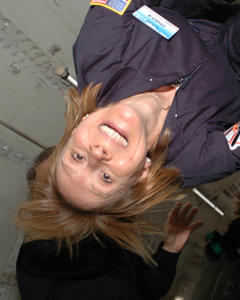
Esther Dyson described her experiences with the Zeo Personal Sleep Coach. She was moderately enthusiastic, intrigued by the possibilities but frustrated at lack of access to the underlying data. Her criticism prompted some interesting Twitter dialog over the next few days, and a detailed response from @zeo in the form of a blog post about how Zeo works.
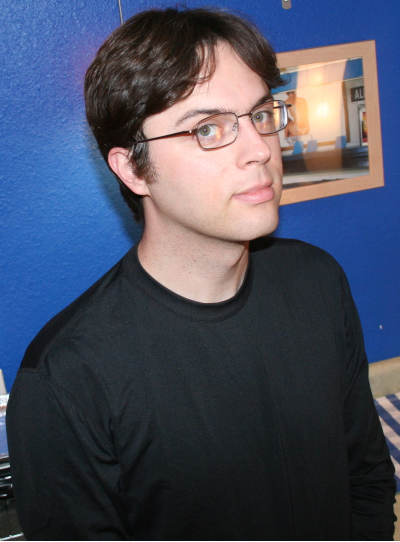
Aaron Rowe, a Ph.D. student at UCSB, showed us some of the amazing biosensors he is building that can monitor blood for drugs, antibodies, or other substances of interest. These sensors are extremely small. The most expensive part of of the setup is actually the electronics, and he is working with some electrical engineering students to see if they can bring the price down.
.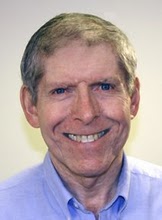
e-Patient Dave deBronkart told
us the story of how he used self-tracking data in his battle with Stage
IV kidney cancer, a battle that he won. The cancer outcome – excellent. The data outcome- not so good. He described the atrocious state of patient data, where the medical institutions responsible for your care may not even have your gender straight. The implications of his account
have already influenced practices in the health care industry; but we
hope this influence is just beginning.
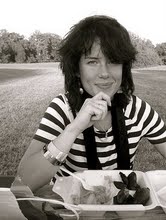
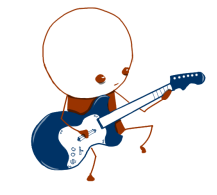
Jen McCabe and Andrey Petrov showed us #getupandmove, a lightweight meme-generating machine to encourage people to get up and move. It is working!
Arun Gupta and Greg Nemeth gave us a preview of the WakeMate, their wristband = iPhone sleep tracker. The Wake Make uses motion tracking (actigraphy) to analyze sleep and predict optimal waking time. They’ve also collected some good scientific background info on actigraphy and sleep. [PDF]
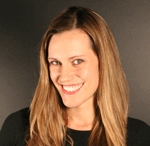
about 900 data points over the last year. Her lessons: doing more than
75 squats make it impossible to do go downstairs without using the
handrail; it takes two days for changes in her diet to show up in her
stats. Ashley then shared her principles about how to
create good QS communities: “mark my miles; keep tracking even when motivation fails (automation); use pattern recognition to show what can’t be seen; think game, not chore; provide access to community; speak my language (customizable levels).
See you all in January! (Date TBA)


